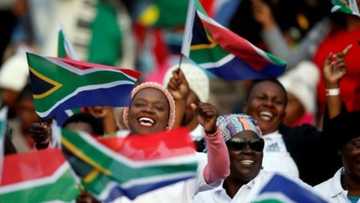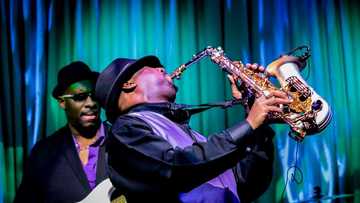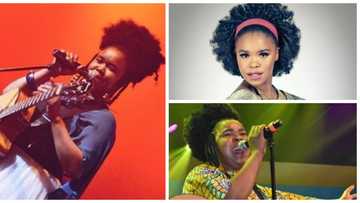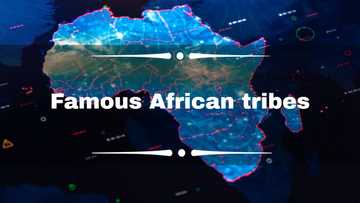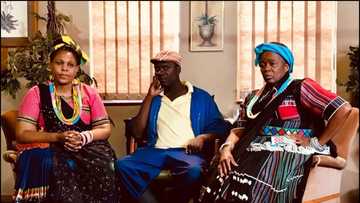How many languages are spoken in Zimbabwe? Zim's rich linguistic diversity
Zimbabwe stands out with its diverse linguistic landscape, boasting 16 official languages. The different languages spoken in Zimbabwe offer a vibrant mix reflecting the country's rich cultural tapestry and historical influences.
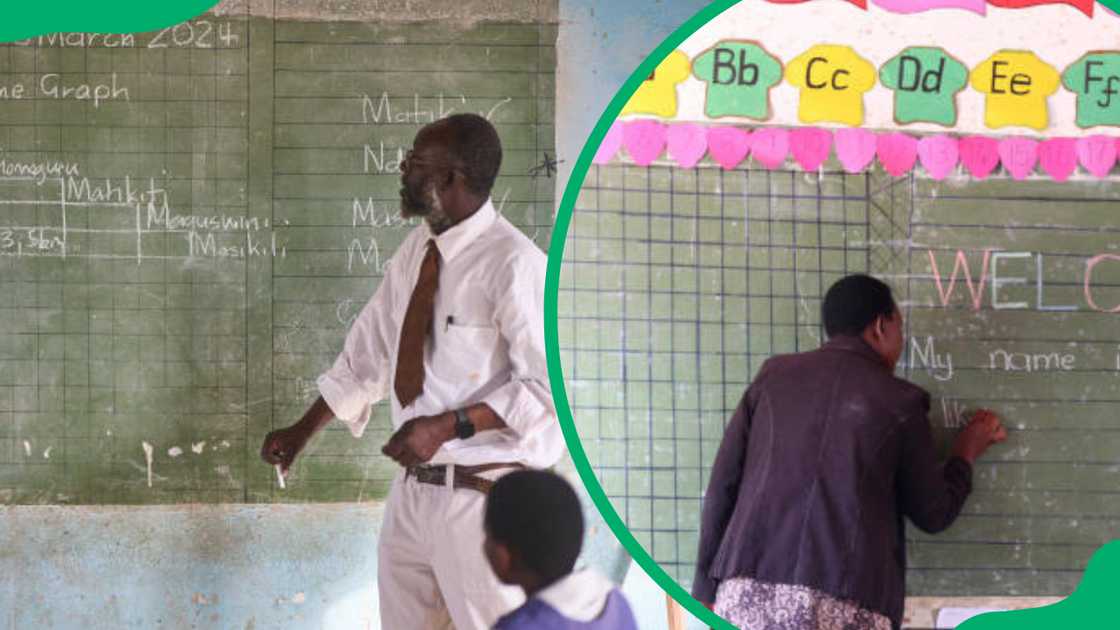
Source: Getty Images
TABLE OF CONTENTS
Key takeaways
- Zimbabwe holds the Guinness World Record for the country with the most official languages.
- The Shona language is the most widely spoken in the country.
- Most Zimbabweans learn English as their second language.
List of languages spoken in Zimbabwe
Zimbabwe is a multilingual nation, reflecting its rich diversity. From Shona and Ndebele to Chewa and Tonga, these languages shape Zimbabwe's food culture and traditions, its values and identity, and especially communication across many communities. Here is a breakdown of each language:
1. Shona
Shona is the most widely used language in the country with approximately 11 million speakers according to Unesco. Shona has dialects like Zezuru, Karanga, and Manyika.
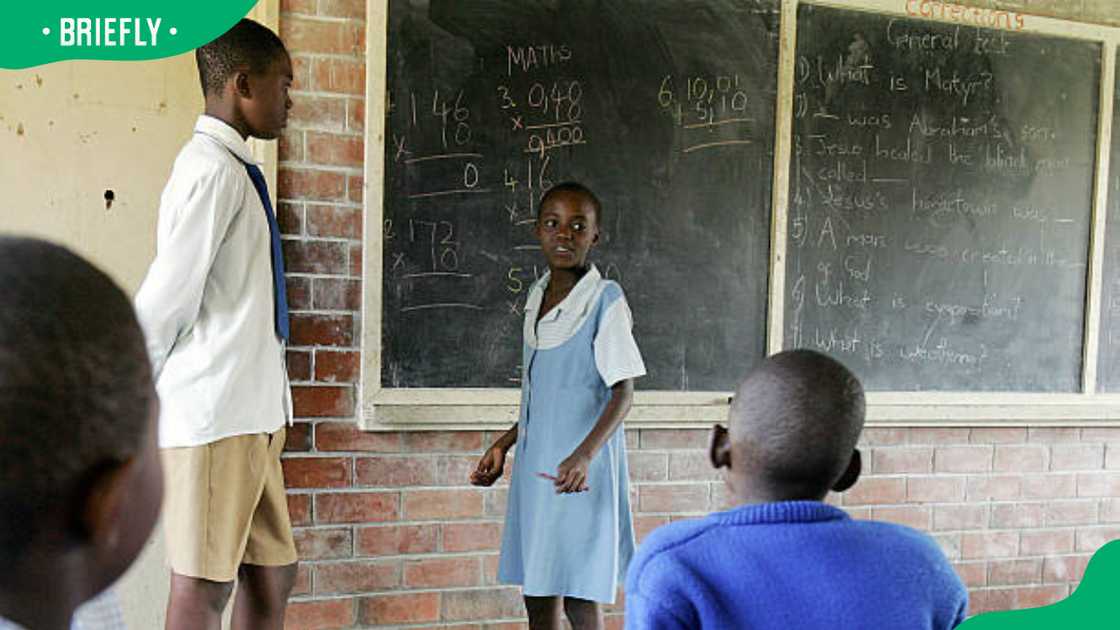
Source: Getty Images
2. English
With around 0.3% of the Zimbabwean population speaking the language, English is mainly used in government, education, and business, especially in professional and urban settings. However, most Zimbabweans speak English as a second language.
3. Chewa/Chichewa/ Chinyanja
Chewa language is regarded as the third most widely spoken language by the Zimbabwe people, contributing to Zimbabwe’s cultural diversity. The Chewa people, mainly in the eastern part of the country, predominantly use this language.
4. Chibarwe
Chibarwe is a minority language spoken by the Sena and Barwe ethnic groups in the country. Although it has few speakers in Zimbabwe, the language has many more speakers in Malawi and Mozambique.
5. Kalanga
Kalanga, also known as TjiKalanga or Ikalanga, is a Bantu language spoken by the Kalanga people in Botswana and Zimbabwe, but there are dialectal variations between the two countries. It is recognised as an official language by the Zimbabwean Constitution of 2013 and is taught in Zimbabwean universities and schools.
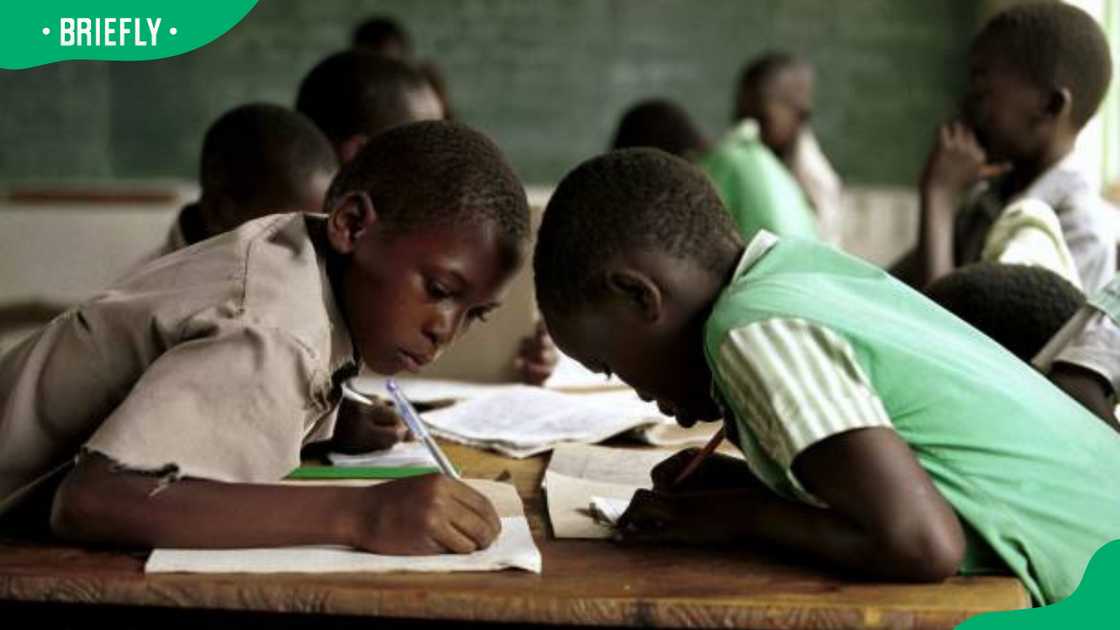
Source: Getty Images
6. Khoisan
Mainly spoken by the San community in Botswana and Zimbabwe, Khoisan encompasses several dialects. Its speakers have a rich cultural heritage deeply linked to the language, contributing to the country’s rich diversity.
7. Nambya
Nambya is a tonal Bantu language mainly spoken by the Nambya people, a relative of the Kalanga community. Although it is not a common language, it is more predominant in the Northwest region around Hwange.
8. Ndau
Ndau is classified as one of the dialects of Shona. Most of its speakers are spread across southeastern Zimbabwe and central Mozambique.
9. Shangani/Tsonga/Xitsonga
Shangani is mainly spoken by the Shangani people, who primarily occupy the South Eastern region. It uses dental and alveolar click consonant sounds and modal and breathy voiced consonants.
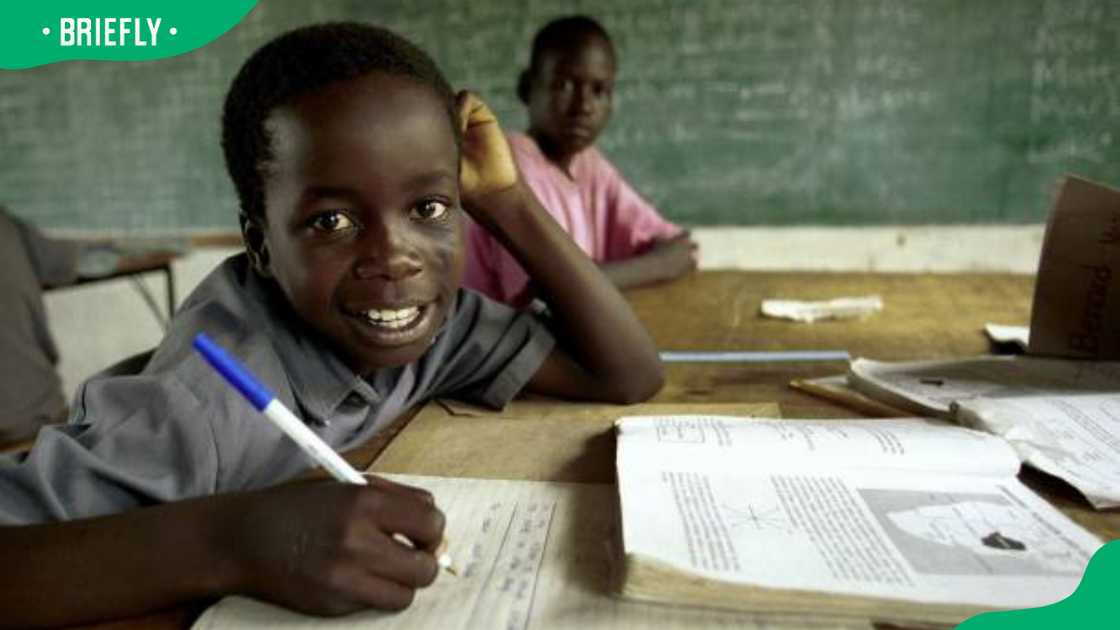
Source: Getty Images
10. Sotho/Sesotho
Sotho is mainly spoken by the Sotho people in the Matabeleland region. The official language is Southern Bantu, which has Latin alphabets and linguistic features similar to Southern Sotho of Lesotho
11. Tonga/Chitonga/isiTonga/Zambezi
Used by the Tonga community, primarily in the Zambezi Valley, it is known for its rich cultural expression. The Bantu language is not standardised, and different nasal clicks and word spellings are used.
12. Tswana/ Setswana
Tswana is a language by the Tswana people predominant in the South Western region. Although it is not a major language in Zimbabwe, it is a common language across the South African region.
13. Venda
Venda is a Bantu language of the Congo-Niger language family. The language is primarily spoken at the Southern border near South Africa.
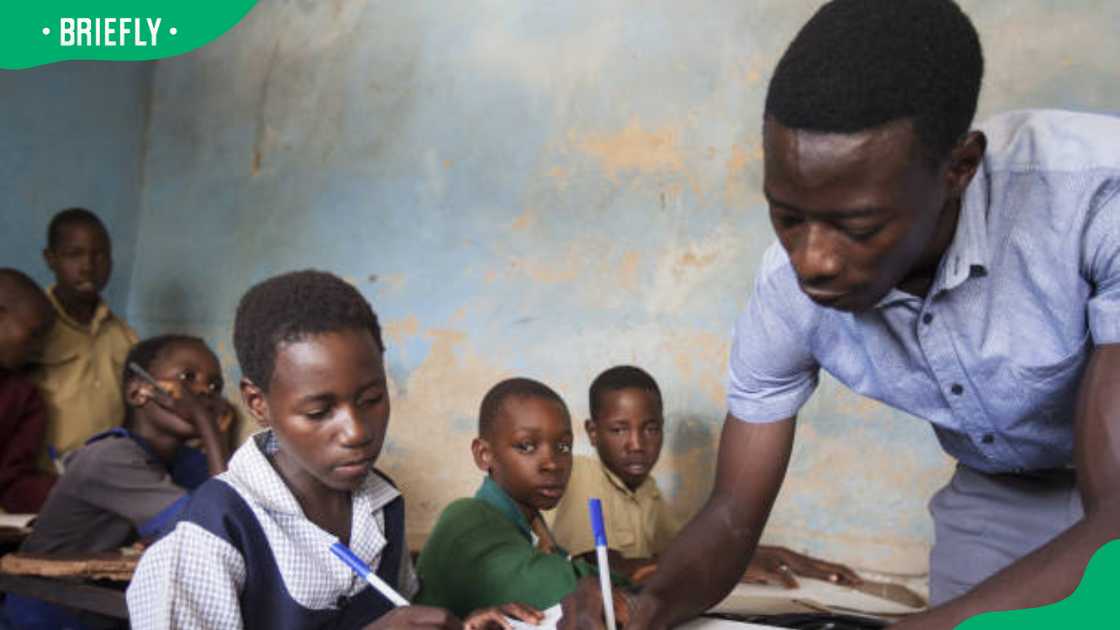
Source: Getty Images
14. Xhosa
Xhosa is critical in the country’s history as the former national anthem, Ishe Komborera Africa, featured a hymn from the Xhosa language. It also shares some features with the South African Xhosa language.
15. Sign language
To promote inclusivity, Zimbabwe included sign language in its list of official languages. The language features body movements and signs to help ease communication with the deaf community.
16. Ndebele
Ndebele is Zimbabwe's second most widely spoken language, primarily in the western region and Matebele province. It became a huge part of Zimbabwe’s Ndebele culture when speakers migrated from KwaZulu to the Shona land, bringing their language into the country in the 19th century.
How many official languages are spoken in Zimbabwe?
Zimbabwe has a total of 16 official languages. The country holds the Guinness World Record for having the most official languages in Africa, with the most spoken being Shona, Ndebele, and English.
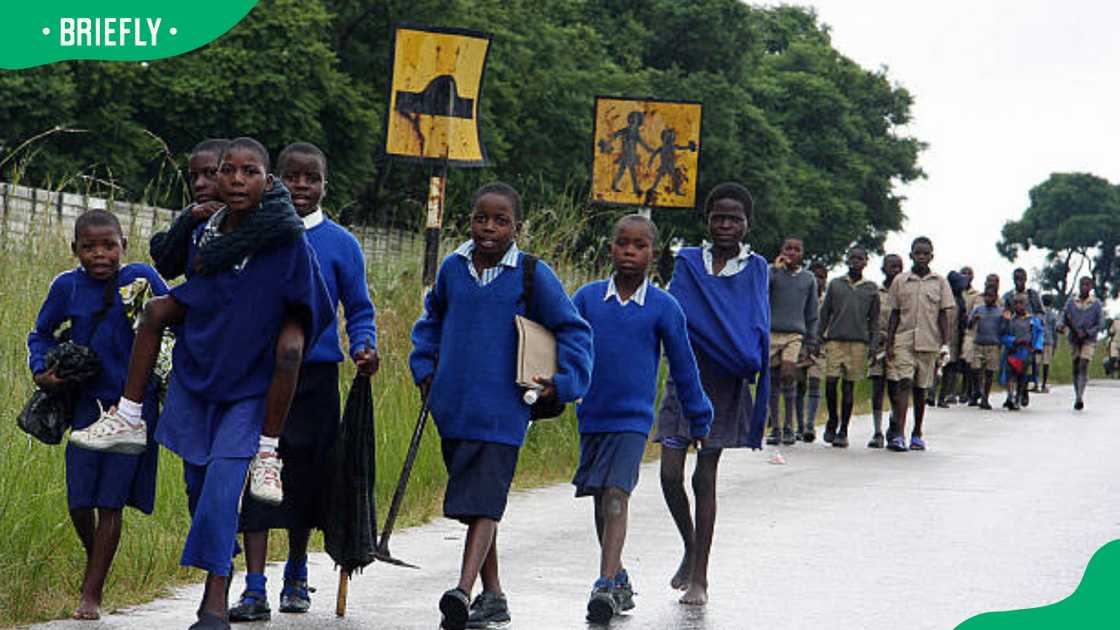
Source: Getty Images
Do they speak Afrikaans in Zimbabwe?
While the number of Afrikaans speakers has declined significantly since 1980, a minority community of Afrikaans speakers still exists in Zimbabwe. These Afrikaans speakers are typically farming and ex-farming communities who migrated from South Africa.
Is Zulu spoken in Zimbabwe?
Zulu is spoken in Zimbabwe as a minority language. Zulu migrant populations from South Africa have taken it to adjacent regions, especially Zimbabwe, where the Northern Ndebele language (isiNdebele) is closely related to Zulu.
Which part of Zimbabwe speaks Xhosa?
Most Xhosa speakers are found in the North West region of Zimbabwe, specifically the Mbembesi area of the Bubi district in the Matabeleland North Province. Other Xhosa-speaking communities can be found in Fort Rixon and Goromonzi.
Having multiple languages spoken in Zimbabwe showcases a dedication to preserving the country's diverse cultural heritage. By officially recognizing 16 languages, the nation enriches its national identity and ensures that various communities can maintain their unique cultural expressions through rich linguistic diversity.
READ ALSO: What are the top 20 best languages to learn for academics, career, travel, and more?
Briefly.co.za shared an article on the various languages one can learn. Selecting the best languages to know based on the language's relevance across multiple domains can be daunting.
Knowing the best languages you can learn will help you open doors to new opportunities in education, business, and global networking. Discover some of the best languages that align with your ambitions and goals.
Source: Briefly News

